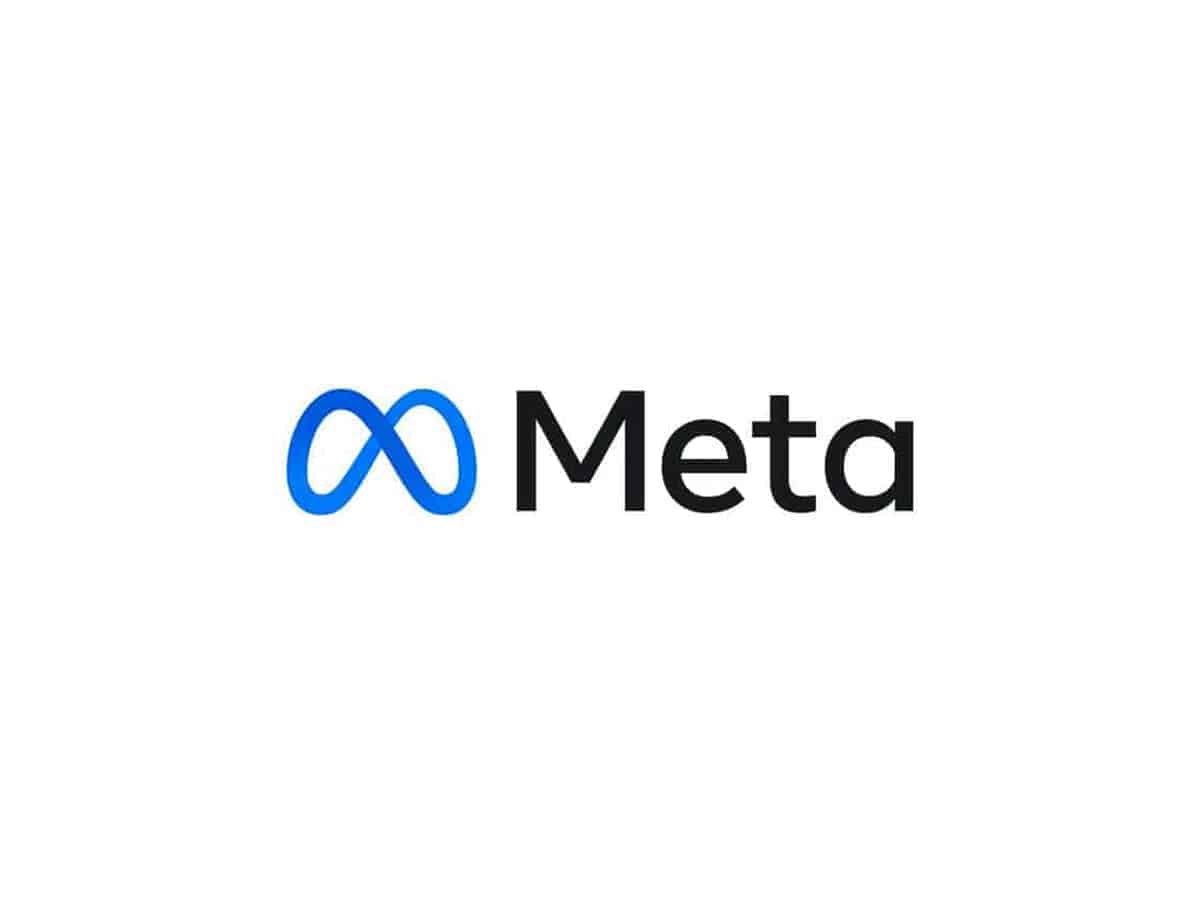
Sydney: An Australian court on Wednesday ordered Meta (formerly Facebook) platforms to pay fines of nearly $14 million (AUS$20 million) for misleading consumers about the use of their data.
The Australian Competition and Consumer Commission (ACCC) sued Meta over its use of Onavo back in December 2020.
The federal court has ordered the two subsidiaries of Meta, Facebook Israel and Onavo Inc, to each pay AUS$10 million for engaging in conduct liable to mislead in breach of the Australian Consumer Law.
The subsidiaries, which were the Onavo Protect VPN app’s developers and suppliers, were found to be responsible for misleading app descriptions displayed in Google and Apple App Store listings.
“In Google and Apple App Store listings, Onavo Protect was promoted as a product that would keep users’ data protected and safe, for example with language such as ‘Use a free, fast and secure VPN to protect personal information’ and ‘Helps Keep You and Your Data Safe’,” the commission said.
“In fact, Onavo and Facebook Israel shared the personal activity data from users collected by the app in anonymised and aggregated form with parent company Meta (then known as Facebook Inc) for commercial benefit,” it added.
The watchdog also discovered that between February 2016 and October 2017, Australian users installed the “Onavo Protect” VPN app over 270,000 times.
Facebook discontinued the service in May 2019.
“We took this case knowing that many consumers are concerned about how their data is captured, stored and used by digital platforms. We believe Australian consumers should be able to make an informed choice about what happens to their data based on clear information that is not misleading,” ACCC Chair Gina Cass-Gottlieb, said in a statement.
As stated in joint submissions to the Court, Onavo and Facebook Israel agreed that the App Store listings conveyed that the Onavo Protect VPN would only use users’ data.
In the listings, Onavo Protect did not mention that it collected data about its Australian users’ online activities for other purposes, including as a ‘business intelligence tool’.
“In the case of the Onavo Protect app, we were concerned that consumers seeking to protect their privacy through a virtual private network were not clearly told that in downloading and using this app they were actually facilitating the use of their data for Meta’s commercial benefit,” Cass-Gottlieb said.



